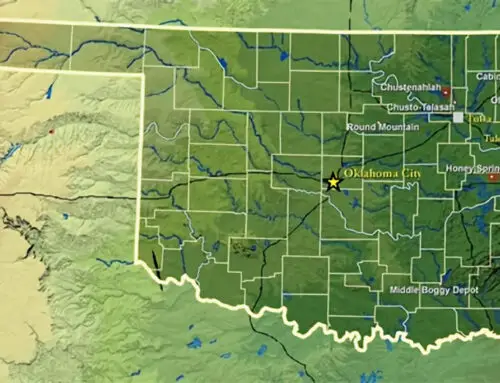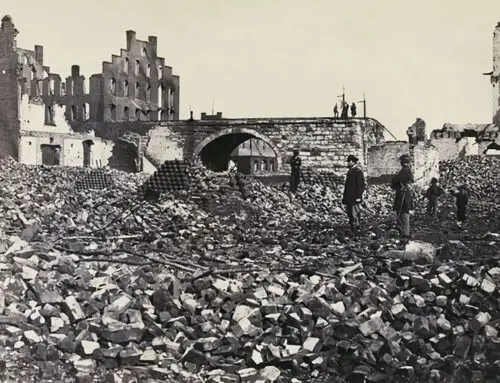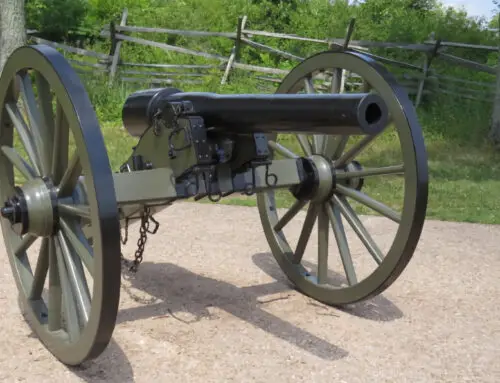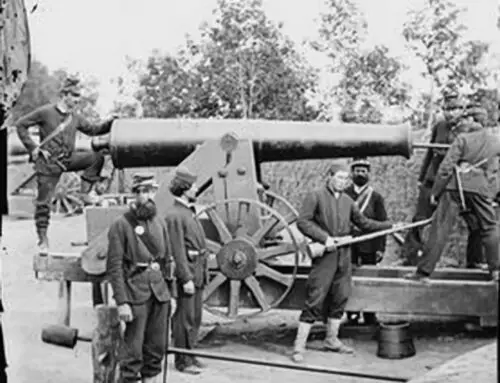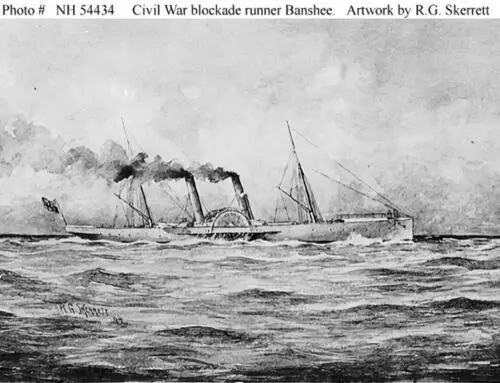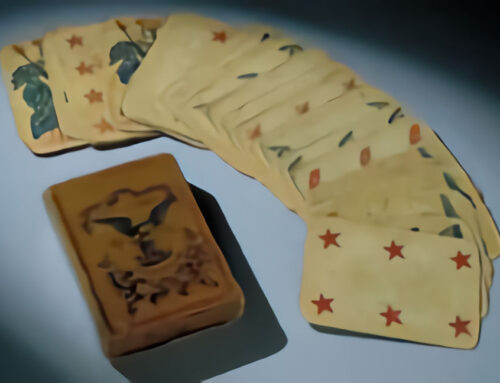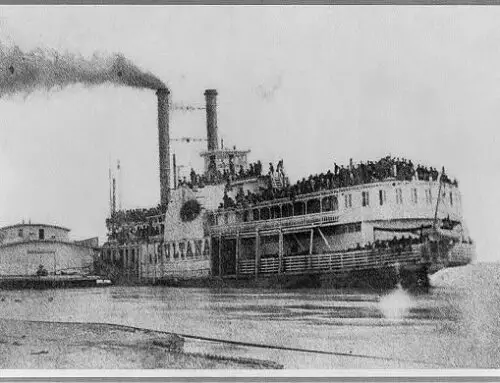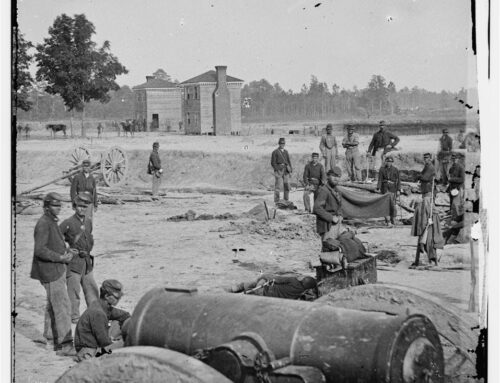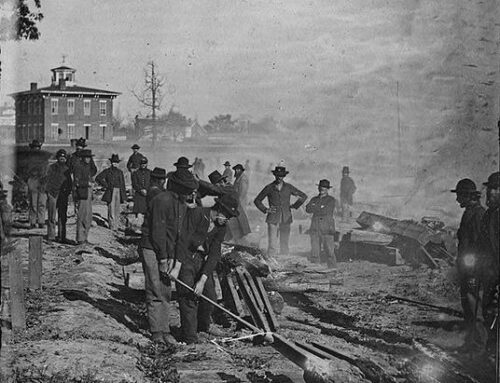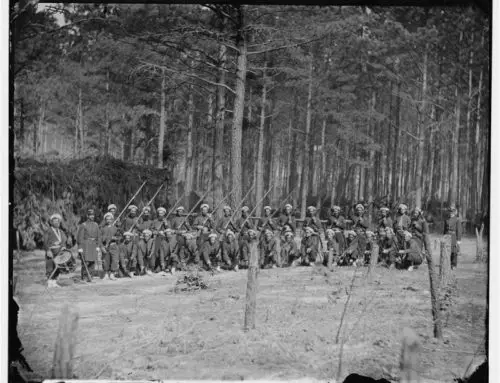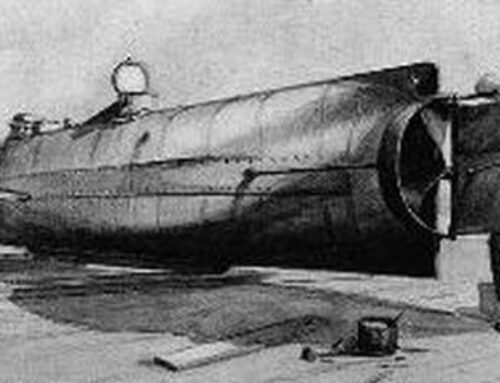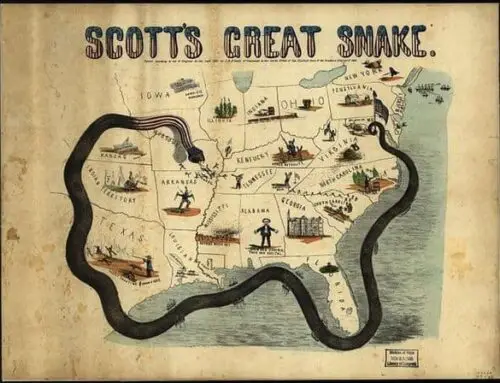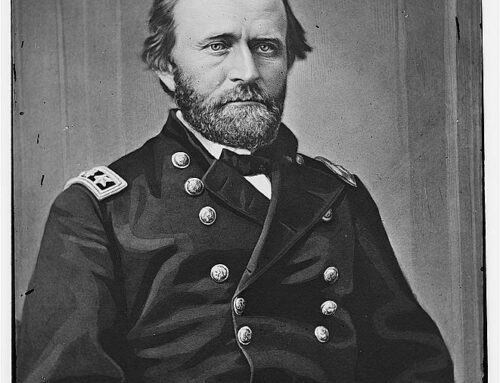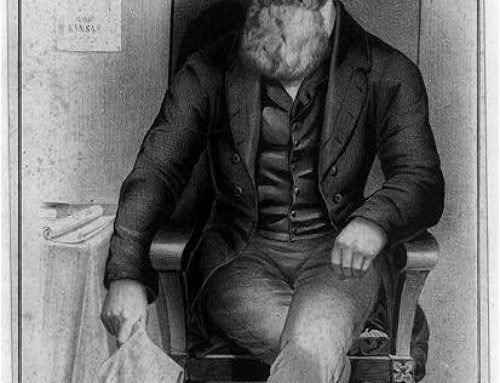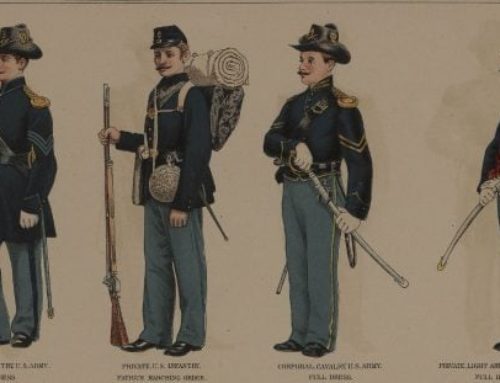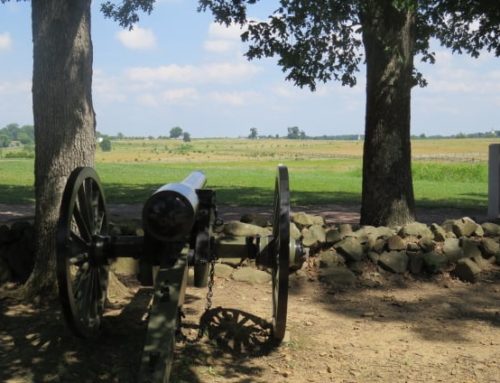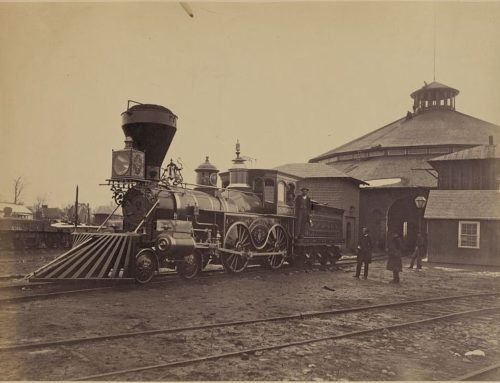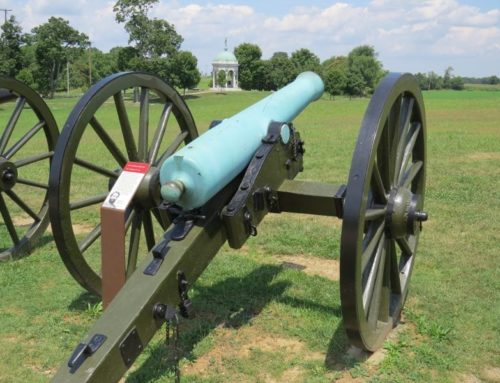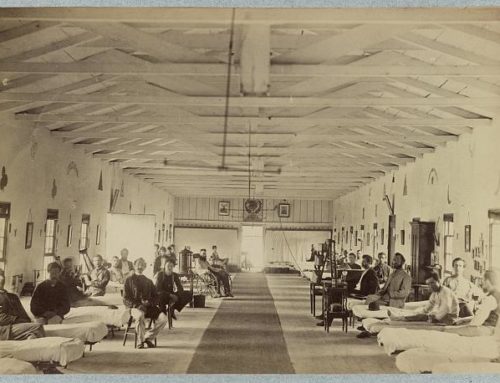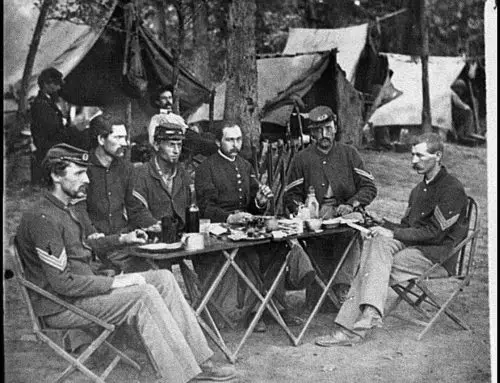(1814-1879)
General Joseph Hooker earned a questionable reputation in his time, both in his military and civil life. The nickname that stood out the most was ‘Fighting” Joe Hooker.
The name could have arrived from his ability on the field of battle and it could have also derived from his quarrels with his superiors and peers. The Union army was beset on all sides with the likes of egotistical driven leaders.
The South had its share of these types but the prototypical poster child of this form of leader, was Joe Hooker. Indeed the general had his issues, with alcohol and disobedience, but it was his bravery that should be remembered above all else as it helped the North win the Civil War.
Born in the state of Massachusetts in 1814, Joe Hooker went on to graduate from West Point in 1837 with high honors.
An intelligent and mischievous student, Hookers scholastic career would be summed up best in one word, slick. He was known as the one who could not be trusted in monetary affairs or financial dealings. This trait lessened, as he would earn his stripes fighting in the Civil War for the Union army.
His worst moment of his otherwise enriched life was his testimony in the Winfield Scott hearing. Hooker chose to bury the able bodied and somewhat well respected leader of the Mexican War with a scathing and unrelated barrage of insults and false testimony. This would come back to haunt Hooker in his later years, even from President Lincoln.
Battles such as Seven Pines, Seven Days, and Yorktown, would all demonstrate the leadership qualities of Hooker especially at Yorktown where he was commended for his treatment of his own troops. The usual ego-driven commander let his guard down and possibly showed to the other Union leaders the reality of the man underneath the shield.
Those battles were mostly wins for the Union army with the exception of the Battle of Chickamauga and of course the devastation at The Wilderness, General Hooker was doing rather well as a leader. Those days were about to come to an end as his greatest battle was yet to be fought.
The battle against General Lee at The Wilderness proved to be the hardest lesson of his military life. The hard-drinking Hooker had sworn off the stuff the day before the battle against Lee. This was a bad time to get off the sauce as he did well the first day but suffered a major defeat at the hands of Stonewall Jackson the following three days. This affected Hooker and he was never the brilliant leader that he was known for earlier in the war.
Relieved of his duty, Joseph Hooker was transferred to his final stint as a war leader at the non-fighting locations of Ohio, Indiana, and Michigan. The bullets had ceased to fly over the head of the Union general but the hits kept coming, verbally. Fighting Joe Hooker died on October 31st, 1879 and is buried in Cincinnati, Ohio.



